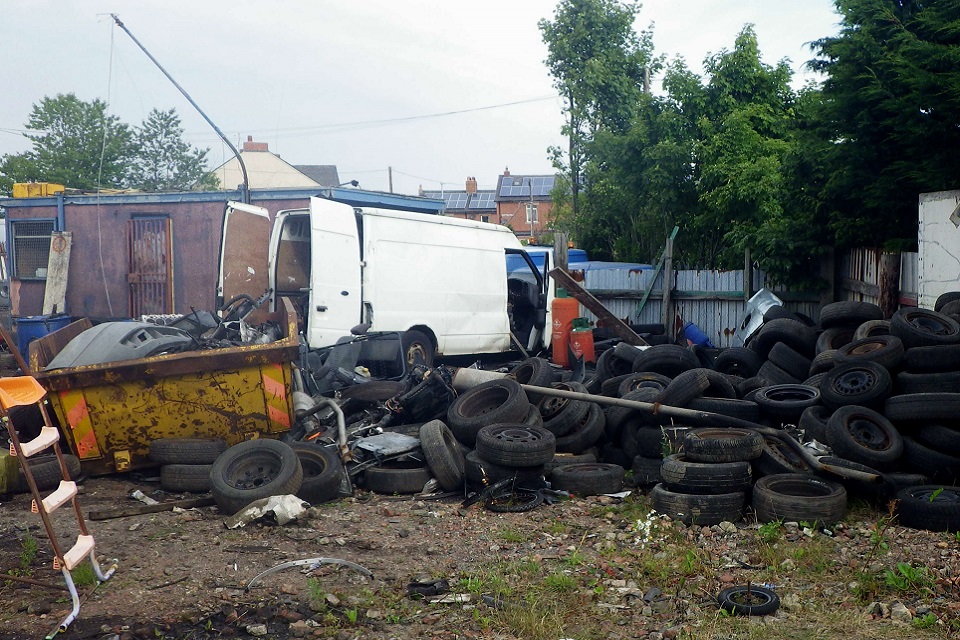Press release: Fish pass plans for Howsham weir
The Environment Agency is finalising plans to install a fish pass on the River Derwent at Howsham to help migrating fish, eel and lamprey access spawning grounds upstream.
The work is part of a joint programme with Natural England to improve a number of weirs and other structures that the Environment Agency owns in the lower Derwent.
The project will involve the installation of an enhanced single Larinier fish pass near the existing hydropower turbines, along with eel and lamprey tiles at two locations on the weir.
Improved passage will help fish populations by allowing them to move freely between the river and coastal waters to access breeding, nursery or feeding grounds. It will also help species to naturally re-colonise the river upstream after floods, droughts or pollution.
The design is being developed following a public consultation with the local community, environmental organisations, and people who use the river regularly, including anglers and canoeists. It aims to provide a significant improvement for fish while at the same time allowing continued use of a chute across the weir for canoe and kayak training and competitions.
Ineke Jackson, project manager at the Environment Agency, said:
The upstream reaches of the River Derwent and the Rye have very low numbers of lamprey, eels and salmon, so this is a really important project for the environment.
We have opted for a single fish pass with a special design and additional flow to make it particularly attractive to fish, while protecting canoeing and kayaking. This will be a substantial improvement for fish, and requires only a small reduction in flow through the canoe chute. We will put lamprey and eel tiles on the weir to help these species make their way across.
We are grateful to everyone who contributed during the consultation because this helped us to find a solution which balances all interests.
Construction on the scheme is expected to begin in spring or summer next year.
More information on the public consultation can be found at www.gov.uk/government/consultations/howsham-weir-fish-passage-consultation.
